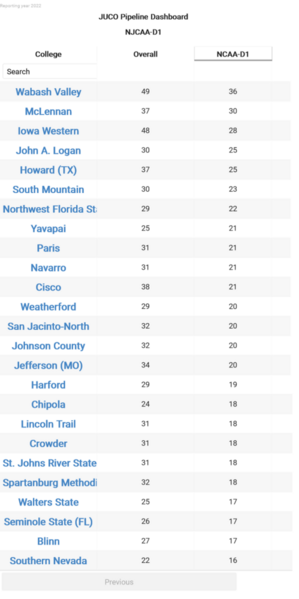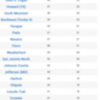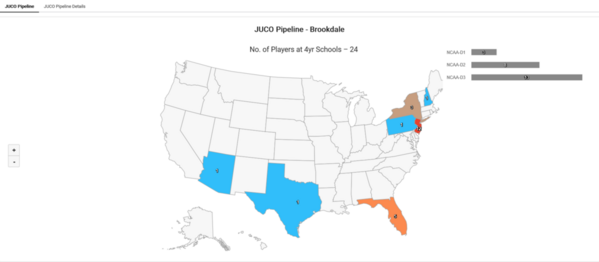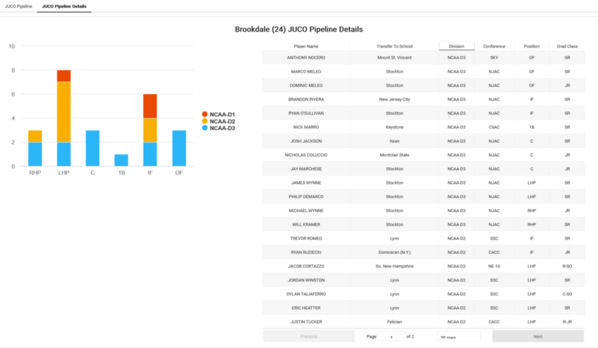@adbono posted:My opinions are different than some on this topic. But relative to “development”, at almost all competitive D1 programs I say there is none. CBI seems to share that opinion (correct me if I’m wrong). Covid has changed all of that for the worse. The axiom has forever been “go where you are loved.” But IMO that has changed too. If you want to get on the field you better go where you are needed. The problem is that no competitive D1 or D2 programs need any HS grads. Literally. They have no need for them - and yet some are still recruiting as many as they always have. Most of them show up on campus and immediately are at a competitive disadvantage b/c their position is stacked with more experienced players ahead of them. So who is going to work with these 18 year old freshmen to make them better players. Position coaches? Nope. They are busy working with the guys that can help them win now. How about older players? Probably not. They have their own game to worry about. And god forbid you are a lowly incoming freshman P and there is no sidearmer currently on the staff. If that’s the case guess who gets turned into one. Is that the best thing for that kid? Maybe but maybe not. My contention is that in today’s world nobody is helping freshmen players at D1s that aren’t contributing - especially at P5 schools. They are left to their own devices. Most stagnate, regress, and lose their confidence. Right now the deck is stacked against the HS grad worse than ever before. If you don’t recognize that, and change your strategy accordingly, you are setting your son (and yourself) up for a huge disappointment. So what’s the answer? For the next few years the answer is Junior College. But you better do your homework there too. Most JuCos are way better with developing pitchers or position players. One or the other. Hardly ever both. Lots of homework to do. One thing that’s getting on my last nerve is seeing scouting services (VTool, PBR, etc.) constantly telling HS players they are D1 guys just to make a splash on social media. It sets unrealistic expectations. The whole situation is a mess created by the NCAA and their infinite (lack of) wisdom. Only people who get realistic in a hurry and really do their homework are likely to have a good experience.
@adbono you are reading the same tea leaves.
Depending on what tribe you belong to the journey to 4 year school may or may not be different in the next 2 to 4 years
Tribes
- JUCO
- Post Grad
- High School
The Cheese has been moved for the High School Grad
Note, what I've seen on this website is that "Players and Families need to do their Research", what are they researching? Are they researching based on old assumptions?
Most don't have the attention span to perform the research. Most are visual learners, whereas after a high level glance they may or may not dig deeper.
Most consumption is via mobile device and the information is pushed to them.
@TPM the chart thing is simple, last year certain SEC schools went heavy into the JUCO pool in order to procure talent for the 2022 season.
Is the 4yr school changing their recruiting strategy or Is this an anomaly or the new normal, only time will tell.
The list (not chart) below, is telling me there may be a climate change,
Again, this could be a 3 to 5 yr event due to JUCO players getting 2 free years of College Baseball.






